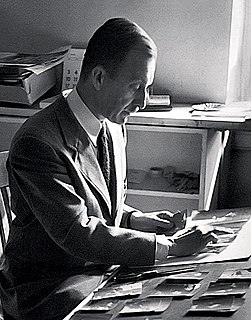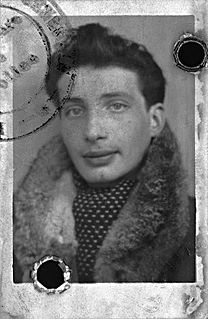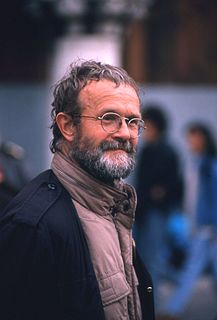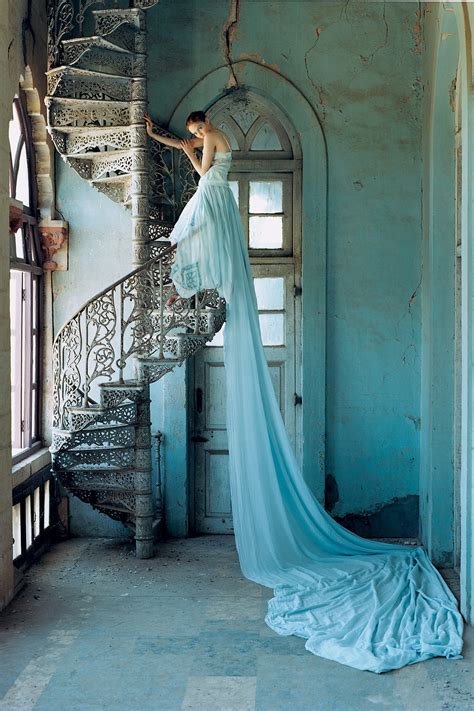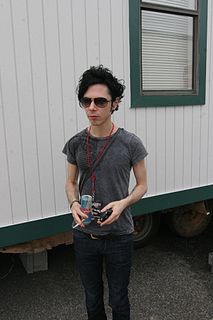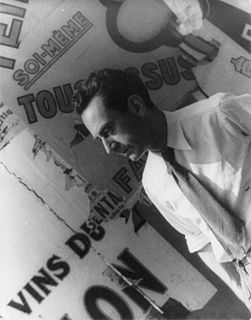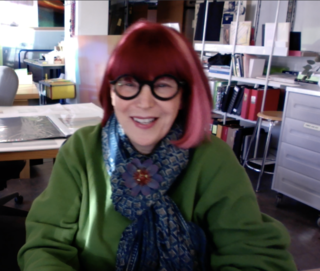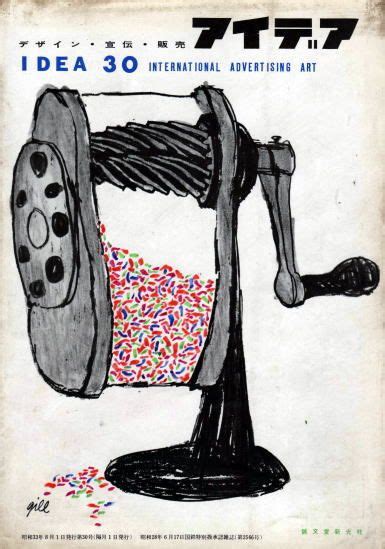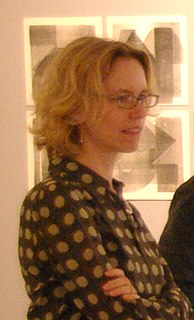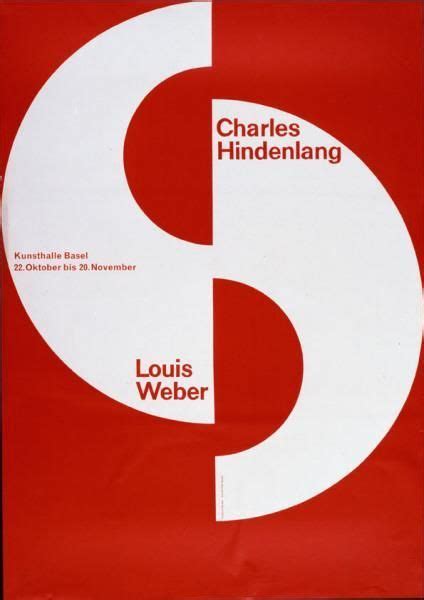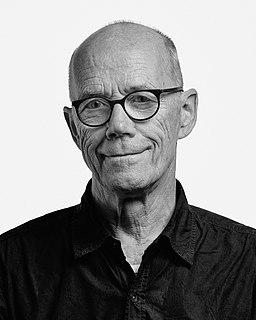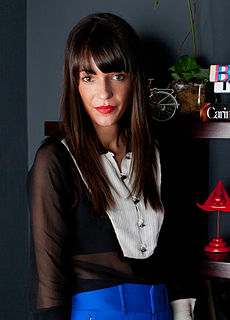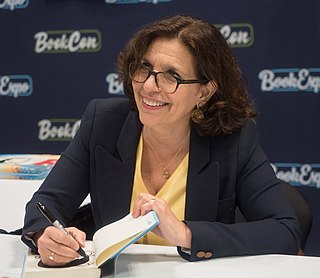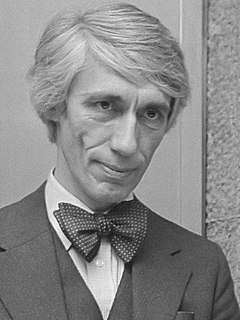A Quote by Alexey Brodovitch
The personality and style of a photographer usually limits the type of subject with which he deals best. For example Cartier-Bresson is very interested in people and in travel; these things plus his precise feeling for geometrical relationships determine the type of pictures he takes best. What is of value is that a particular photographer sees the subject differently. A good picture must be a completely individual expression which intrigues the viewer and forces him to think.
Quote Topics
Best
Cartier
Deals
Determine
Differently
Example
Expression
Feeling
For Example
Forces
Good
Good Picture
Him
His
Individual
Individual Expression
Interested
Limits
Must
Particular
People
Personality
Photographer
Picture
Pictures
Plus
Precise
Relationships
Sees
Style
Subject
Takes
Things
Think
Travel
Type
Value
Very
Viewer
Which
Related Quotes
A photographer is a witness. He has a moral duty. Every picture must be true and honest. I believe a photographer's strength is his ability to accurately record reality. There are photographers who think they are lucky if they find unusual or special subject. But it is never the subject that is so marvelous. It is how alive and real the photographer can make it.
It is essential for the photographer to know the effect of his lenses. The lens is his eye, and it makes or ruins his pictures. A feeling for composition is a great asset. I think it is very much a matter of instinct. It can perhaps be developed, but I doubt if it can be learned. To achieve his best work, the young photographer must discover what really excites him visually. He must discover his own world.
I think that the photographer must completely control his picture and bring to it all his personality, and in this area most photographs never transcend being just snapshots. When a great photographer does infuse the snapshot with his personality and vision, it can be transformed into something truly moving and beautiful.
The decisive moment, the popular Henri Cartier-Bresson approach to photography in which a scene is stopped and depicted at a certain point of high visual drama, is now possible to achieve at any time. One's photographs, years later, may be retroactively rephotographed by repositioning the photographer or the subject of the photograph, or by adding elements that were never there before but now are made to exist concurrently in a newly elastic sense of space and time.
But before all else a work of art is the creation of love. Love for the subject first and for the medium second. Love is the fundamental necessity underlying the need to create, underlying the emotion that gives it form, and from which grows the unfinished product that is presented to the world. Love is the general criterion by which the rare photograph is judged. It must contain it to be not less than the best of which the photographer is capable.
